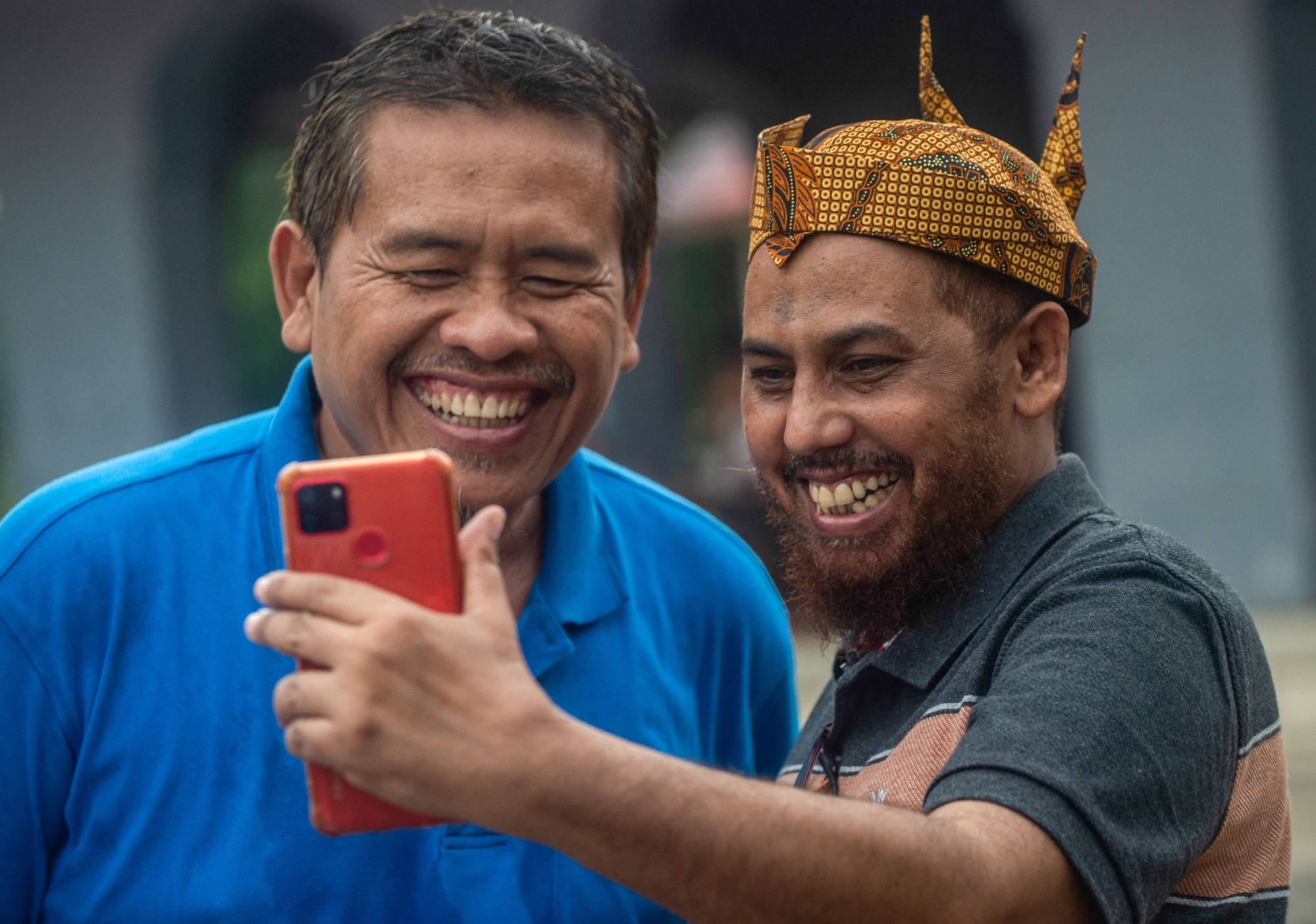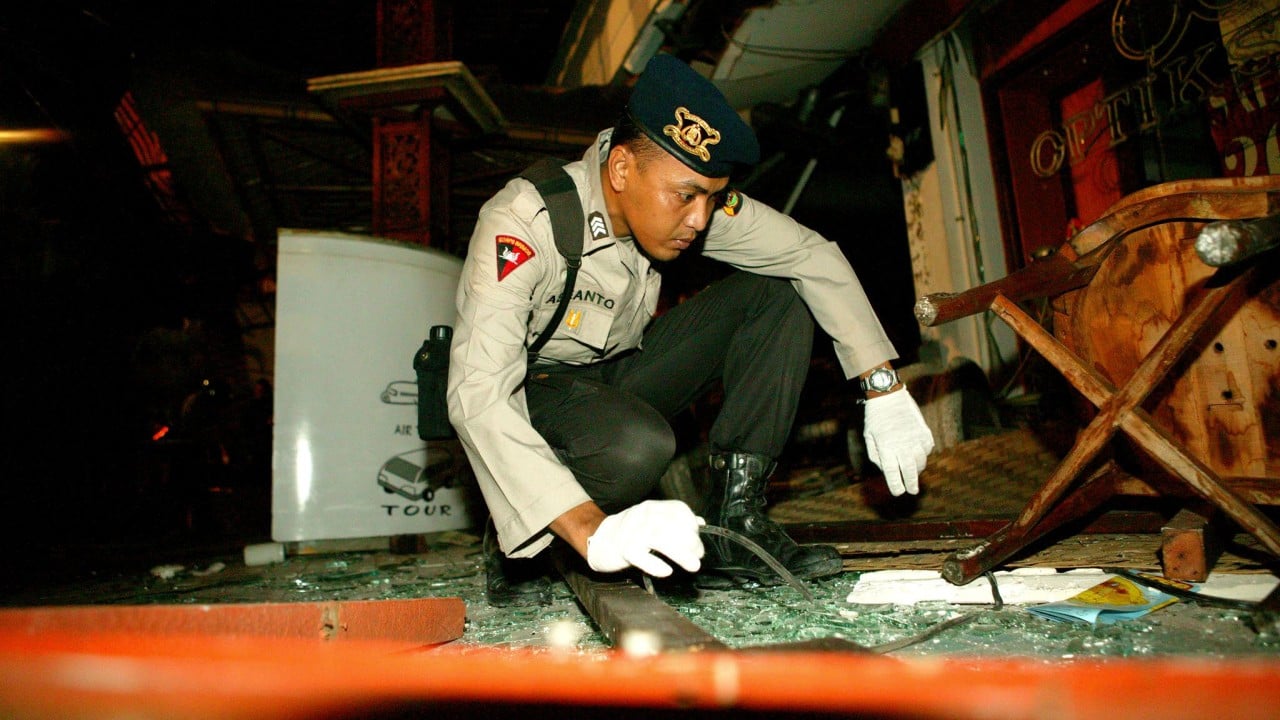
Reformed Indonesian terrorist goes from learning bomb-making to earning PhD
- Ali Fauzi, a former Indonesian terrorist, said a ‘turning point’ came after he joined a police-designed deradicalisation programme in prison
- Critics claim Fauzi’s story is the exception and most former terrorists fall through the cracks as they do not receive proper support on the outside
On February 21, Ali Fauzi crossed the stage at Universitas Muhammadiyah Malang in East Java to receive his doctoral degree in Islamic education. It was a walk that marked the end of a long journey towards deradicalisation for the former Indonesian terrorist, and a moment Fauzi himself never thought would happen.
“It was more difficult than making bombs,” said Fauzi, who was jailed for three years on terrorism charges in 2004. “I had to make revisions to my thesis several times, and at one point, I wanted to give up completely. Bomb-making was much easier.”

Fauzi said two factors helped him change his ways. First, he joined a deradicalisation programme designed by the Indonesian police in prison, which he described as a “turning point” in his life. He also said he had to undergo self-exploration to examine his thoughts and feelings to understand his radicalisation.
“I had to look inside myself and interrogate the things that my friends and I had done,” he said. “I’d followed an ideology that said it was OK to shoot police and set off bombs, and that it was permissible to attack the Indonesian state. I had to look at all of it again.”
Across Indonesia, Australia and the world, is the terrorism threat over?
According to government data, Indonesia’s counterterrorism efforts have largely been a success. From 2019 to 2022, the re-offending rate among terror convicts was 6 per cent, compared to 13 per cent for those convicted of other crimes.
Yet the government’s willingness to rehabilitate ex-Jihadis has not been without its critics.
No country has done a better job at counterterrorism than Indonesia
Zachary Abuza, a professor of Southeast Asian politics and security at the National War College in Washington, told This Week in Asia that the issue of former terrorists moving on with their lives was a fraught one.
“Many people have lost loved ones and have had their lives transformed by acts of violence,” he said. “It is hard not to feel their pain and outrage when someone like Fauzi gets a second chance.
“That said, no country has done a better job at counterterrorism than Indonesia,” he said. “Indonesians understand that the best way to counter terrorism narratives is by people who know the organisations the best and who once served as loyal soldiers. People like Fauzi do a better job to undermine the radical narrative than anyone else.”
Yet Alif Satria, a researcher at the Centre for Strategic and International Studies think tank, said Fauzi should be viewed as the exception rather than the rule.
“Fauzi’s case is special. He is well-known and, because of that, is given a large amount of attention and support from various stakeholders.”
Satria lamented that many other former terrorists fell through the cracks and were not given the support they needed once they were released from prison.
Now that I am a doctor, I want to find the prescription to heal them [followers of radical ideology]
“The true test of Indonesia’s deradicalisation framework should not be on whether well-known ex-terrorists like Fauzi can reintegrate, but whether less well-known ones can too,” Satria said.
Since his deradicalisation, Fauzi has set up a school in Lamongan Regency, where he grew up with his brothers, to educate others about the dangers of radical ideology. Now, he says, he plans to use the knowledge gained from his PhD to continue his deradicalisation efforts.
“There are still many people who follow radical ideology in Indonesia,” he said.
Indonesian militant group’s plot to ‘overthrow’ Jokowi foiled – for now
“In the last five years, more than 3,000 people have been arrested on terrorism related charges. It’s not a small number and they need time and knowledge in order to change. My thesis was about religious moderate education for former terrorism convicts and how to help them to turn away from radical ideology.
“Now that I am a doctor, I want to find the prescription to heal them.”


